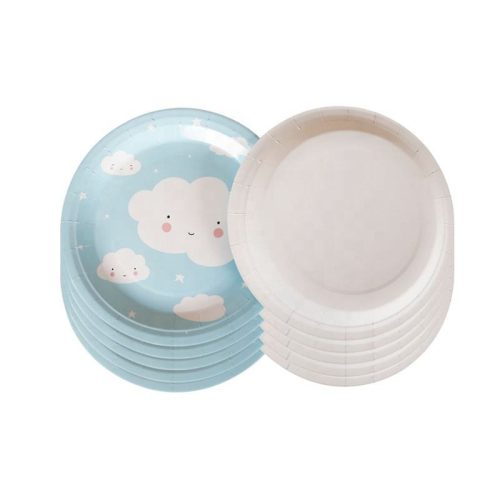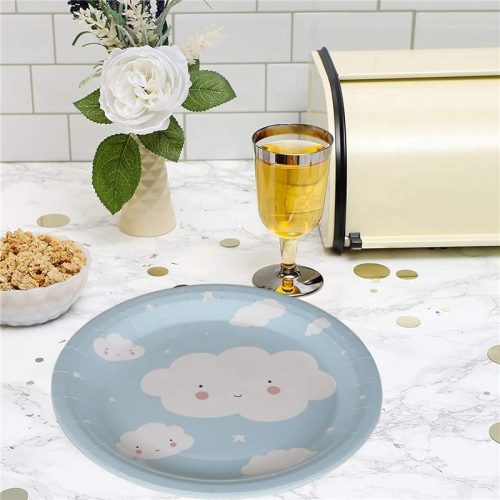Biodegradable paper plates are an eco-friendly alternative to traditional disposable plates as they are designed to break down naturally over time, reducing their impact on the environment. Here are some key points to explore when considering biodegradable paper plates:
- Biodegradable Materials: Biodegradable paper plates are typically made from renewable materials such as bagasse (sugarcane fiber), bamboo, or other plant-based fibers. These materials are natural and have the ability to decompose naturally, minimizing their environmental footprint.
- Compostability: Look for paper plates that are labeled as compostable. Compostable plates are designed to break down in composting systems, turning into nutrient-rich soil without leaving behind harmful residues. They contribute to the circular economy by returning valuable organic matter to the soil.
- Certification: Check for certifications such as the Biodegradable Products Institute (BPI) certification or the Compostable logo on the packaging. These certifications ensure that the plates meet specific standards for biodegradability and compostability.
- Manufacturing Process: Consider the manufacturing process used to produce the paper plates. Look for plates that are manufactured using environmentally friendly methods, such as chlorine-free bleaching and water-based inks. This helps minimize the use of harmful chemicals and reduces the environmental impact of production.
- Durability: While biodegradable paper plates are designed to break down easily, it’s still important to choose plates that are sturdy and durable enough to hold food without leaking or collapsing. Look for plates with a thicker construction or reinforced rims to ensure they can withstand regular use.
- Disposal: After use, biodegradable paper plates should be disposed of properly to maximize their environmental benefits. If you have access to a composting facility or a home composting system, you can compost the plates along with other organic waste. If composting is not available, check if the plates can be recycled in your area.
- Quantity and Packaging: Consider the quantity of plates you need and the packaging they come in. Buying plates in bulk reduces packaging waste and is more efficient in terms of transportation and storage.
- Eco-Friendly Brand: Look for brands that prioritize sustainability and environmental responsibility. Brands that are transparent about their sourcing and manufacturing practices, and actively promote their eco-friendly initiatives, can be a good choice for biodegradable paper plates.
By opting for biodegradable paper plates, you can reduce your environmental impact and contribute to a more sustainable lifestyle. Remember to always follow proper disposal practices and support responsible brands that prioritize eco-friendly solutions.


